Mycology has experienced a rapid development the last two decades. Molecular methods have revolutionized studies in fungal taxonomy, ecology, and evolution, enabling a clear demarcation between cryptic and/or complex of species, fungal diversity and distribution, and to understand the distribution of specific traits. DNA based phylogenies are also the major source for inference of macroevolutionary processes in fungi since fossils are rare and unevenly distributed between taxa. However, mycology in its current form offers special challenges in tropical African context. One challenge lies in the preservation of material for further studies, DNA extraction, and archiving. There are also new taxa to learn, and the lack of literature that thoroughly treat the regional diversity makes it more important with a solid taxonomic knowledge, and a good reference library, to be able to search the relevant literature. In addition to all these limitations, the quite lack of laboratory facilities and local competence hamper the development of molecular studies on fungi. Yet, it becomes almost impossible to publish a nice paper without including molecular data. Though numerous efforts are made to train many PhD and post-doctoral students in the field of molecular studies, there exist many other challenges native scientists should face during their studies.
Through various presentations, the present session aims at exploring the different methods, techniques, programmes and platforms currently in vogue in the field of molecular systematic and phylogeny of fungi. We will debate on the practical significance of molecular systematic of fungi for food safety, human health, forest ecology and biodiversity inventory. The session will accommodate any talk or poster presenting DNA barcoding of fungi, molecular taxonomy and ecology of fungi, phylogenetic reconstruction and calibration, methods and techniques development.
-
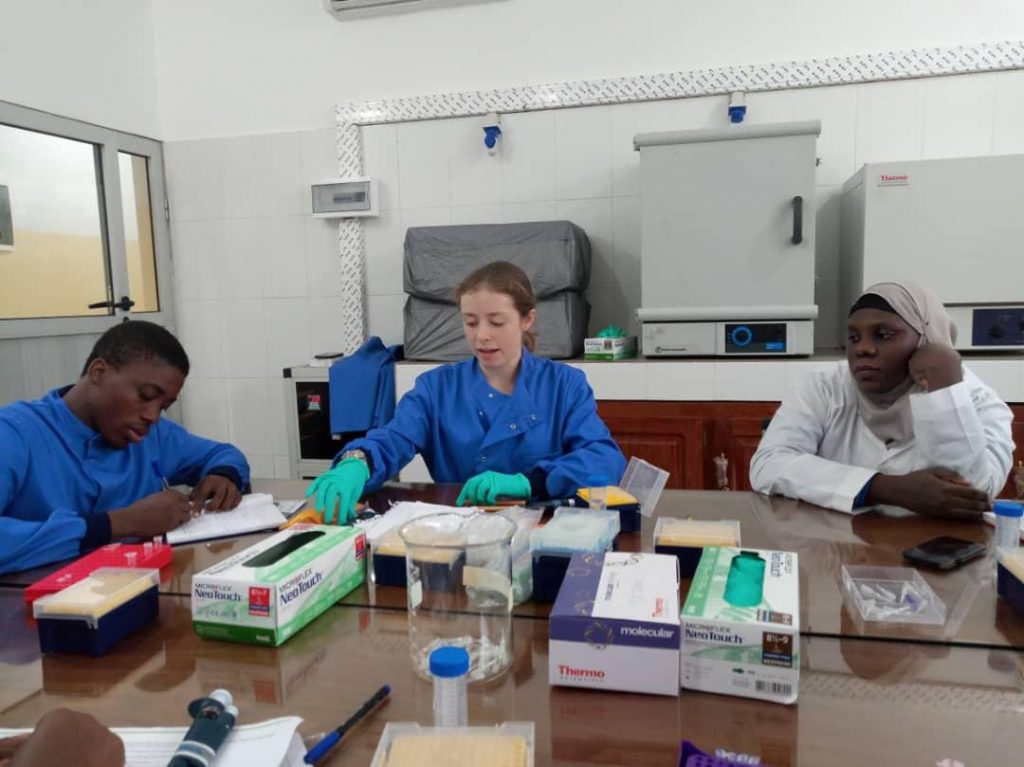
Molecular investigations on fungi (from RD houdanou) -
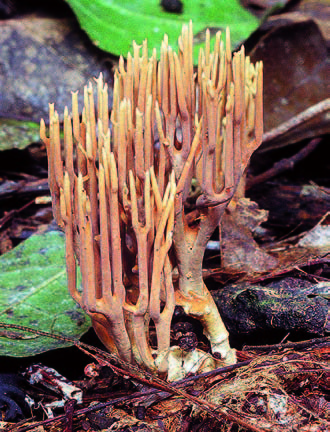
Ramaria sinsinii from Pobè dense eh=vergreen forst (Benin 2004, from J. Christan) -
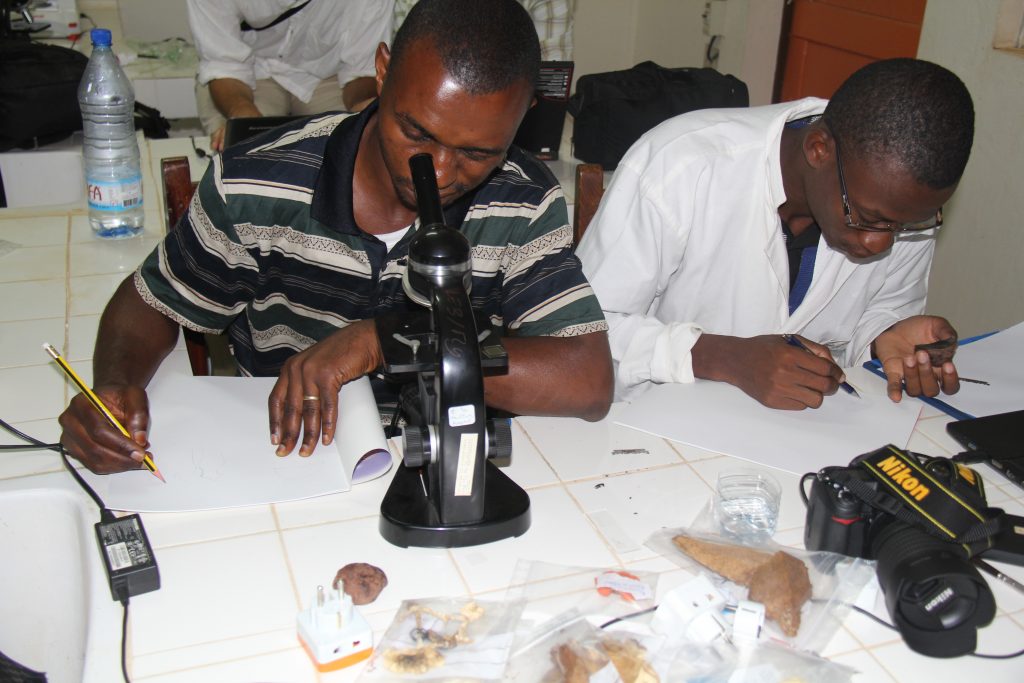
Student excercie on microscopic illustrations (Somemr school 2015 Benin, from NS Yorou) -
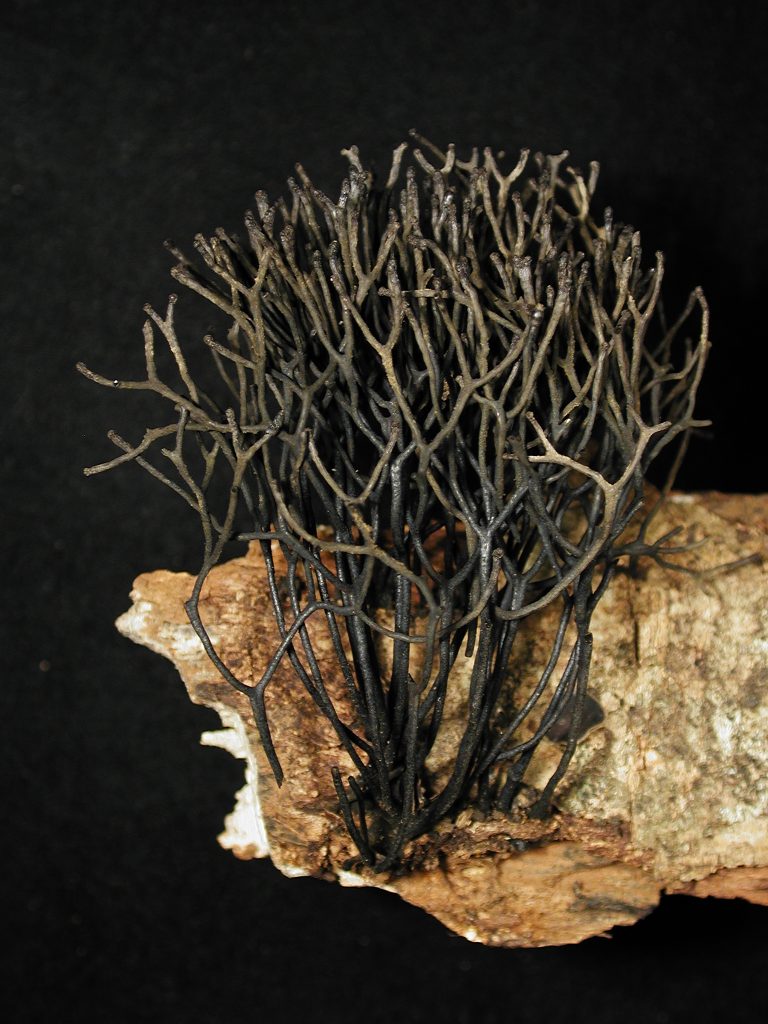
Thamnomyces camerunensis from Kpalimé dense forest (Togo 2009, from NS Yorou) -
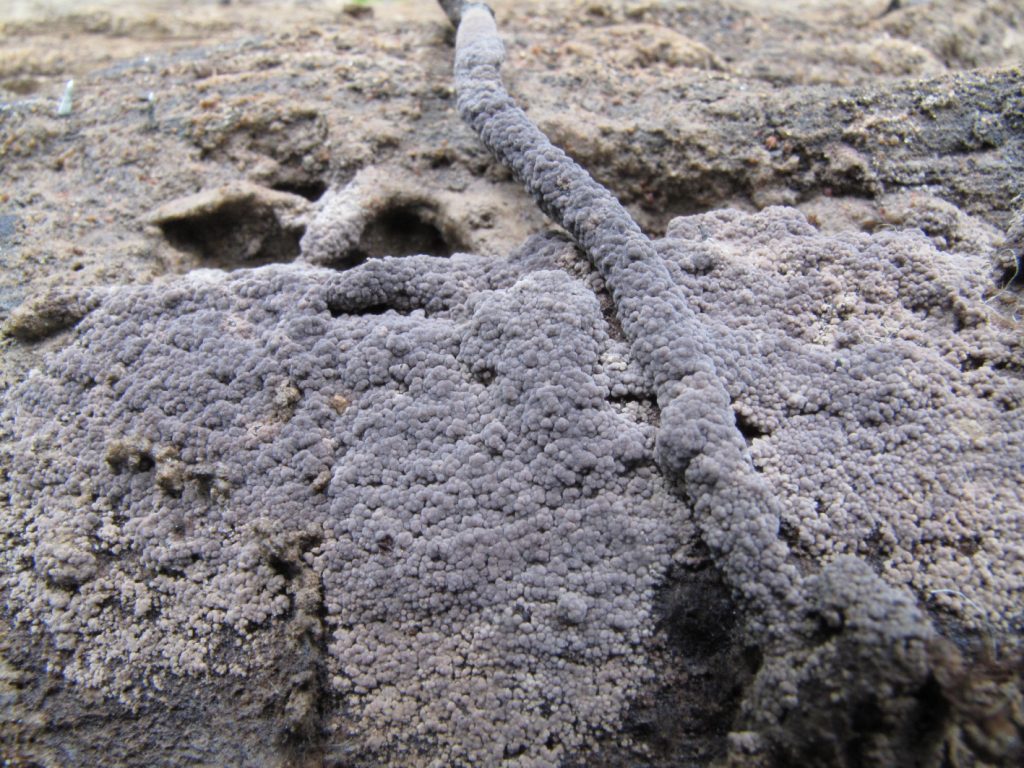
Tomentella guinkoiif from Dan forest in South of Burkina Faso (Photo NS Yorou) -
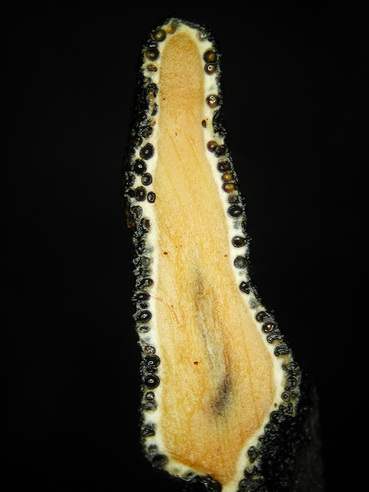
Xylaria luteostromata sampled from Obuasi dense forest (Ghana 2009, from NS Yorou) -
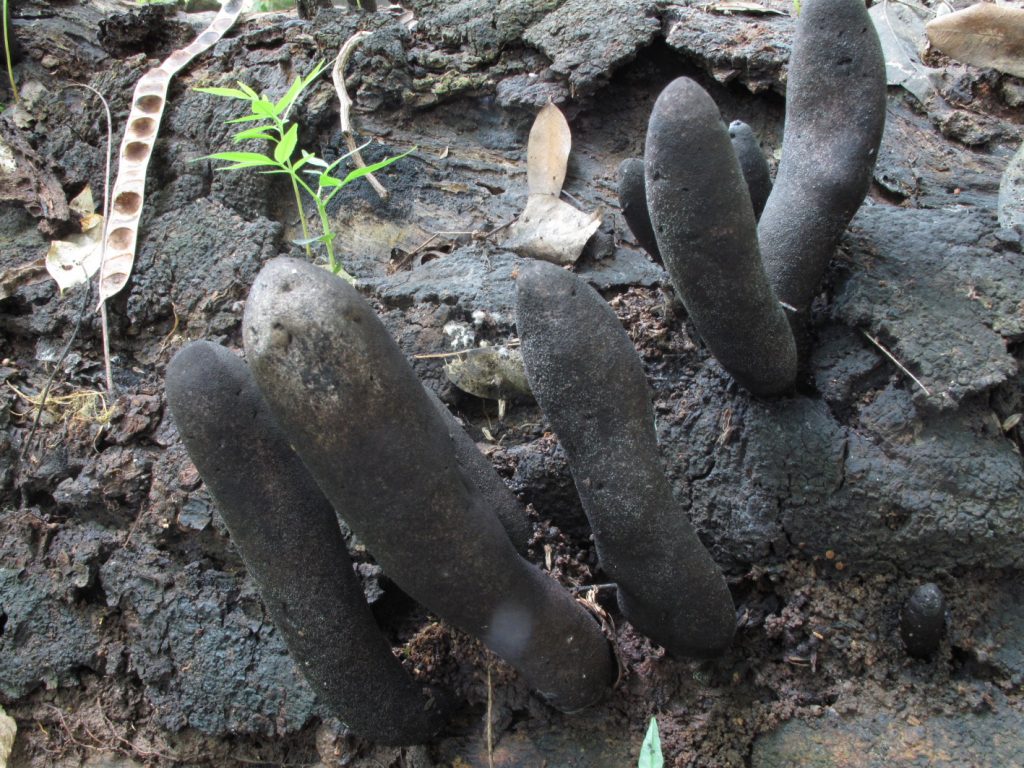
Xylaria poitei sampled from Kpalimé dense forest (from NS Yorou) -
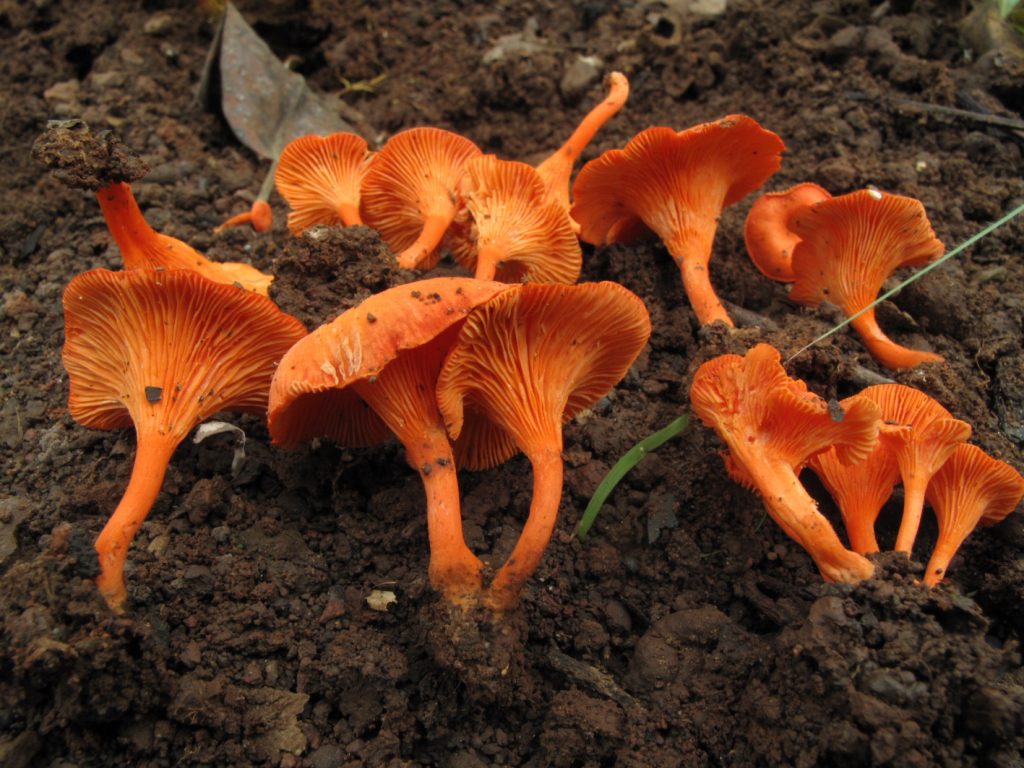
Cantharellus addaiensis from Baro Forest reserve (Guinea, 2013, NS Yorou) -

DNA extraction from fungal specimen (Benin 2018, by HL Aignon) -
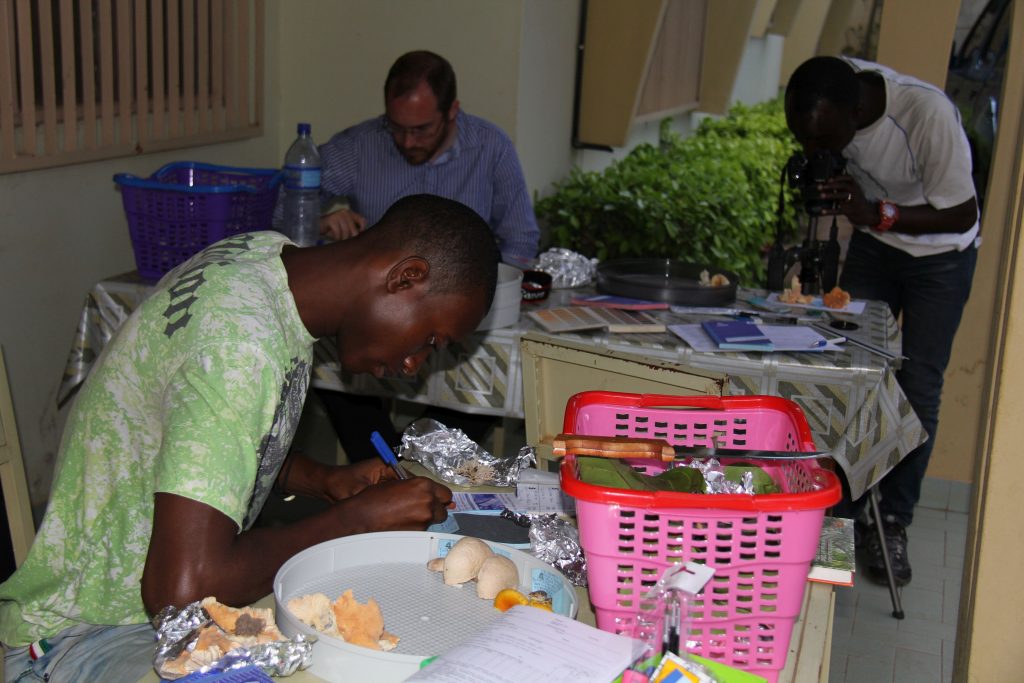
Fieldworks in Benin July 2013 (Photo NS Yorou)
